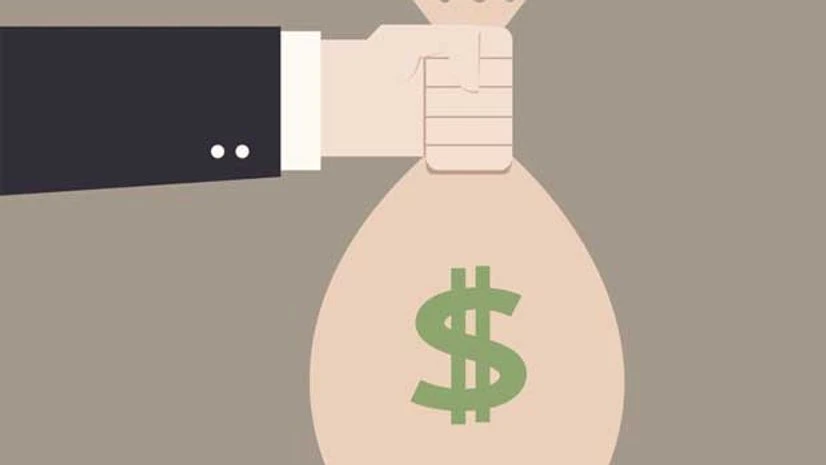China has given around 400 billion yuan ($58.01 billion) in development aid to 166 countries and international organisations over the past six decades, the government said on Thursday, less than the European Union and its members gave for just last year.
China only began offering details of its foreign aid, which has attracted attention for China's support of governments with poor human rights records and lack of transparency, in 2011, when it gave a figure of $41 billion over six decades.
In the early days following the Communist revolution in 1949, China's limited aid was focused on helping fraternal socialist states in places like Africa, but Chinese programmes are increasingly global as Beijing's wealth and influence grow.
The white paper issued by the State Council, or cabinet, gave no breakdown for the 400 billion yuan and no details of which countries got help.
While the number pales in comparison with foreign aid from the European Union and its member states, some 68 billion euros ($72.09 billion) for 2015, China frequently says its aid has no political strings attached, unlike many Western countries.
The policy document, carried by the official Xinhua news agency, said the world's second largest economy had trained more than 12 million people from developing countries, and sent more than 600,000 people to work on development schemes overseas.
Of those sent abroad, 700 "gave their lives in the course of these programmes", it said, again without giving details.
More From This Section
Going forward, China will raise its investment in the least developing countries, write off some countries' debts and establish an "International Development Knowledge Centre", the white paper said.
In the next five years, China will roll out six "One Hundred Programmes" targeting developing countries, with 100 poverty reduction schemes, agricultural cooperation programmes and trade aid programmes, besides establishing 100 hospitals and clinics, among others, the government said.
More than 1,00,000 training opportunities in China and 1,50,000 scholarships would be made available to developing countries, and 5,00,000 vocational technical personnel would be trained for developing countries, the white paper said.
Some in Africa say many Chinese projects benefit local people little, with materials and even labour imported directly from China. Dam schemes have proved divisive too.
China's close links with oil-rich African states, including Angola, have fuelled criticism as well that Beijing only cultivates relations to secure access to energy and raw materials to power its surging economy.
China strongly denies this.
($1 = 6.9 yuan)

)
